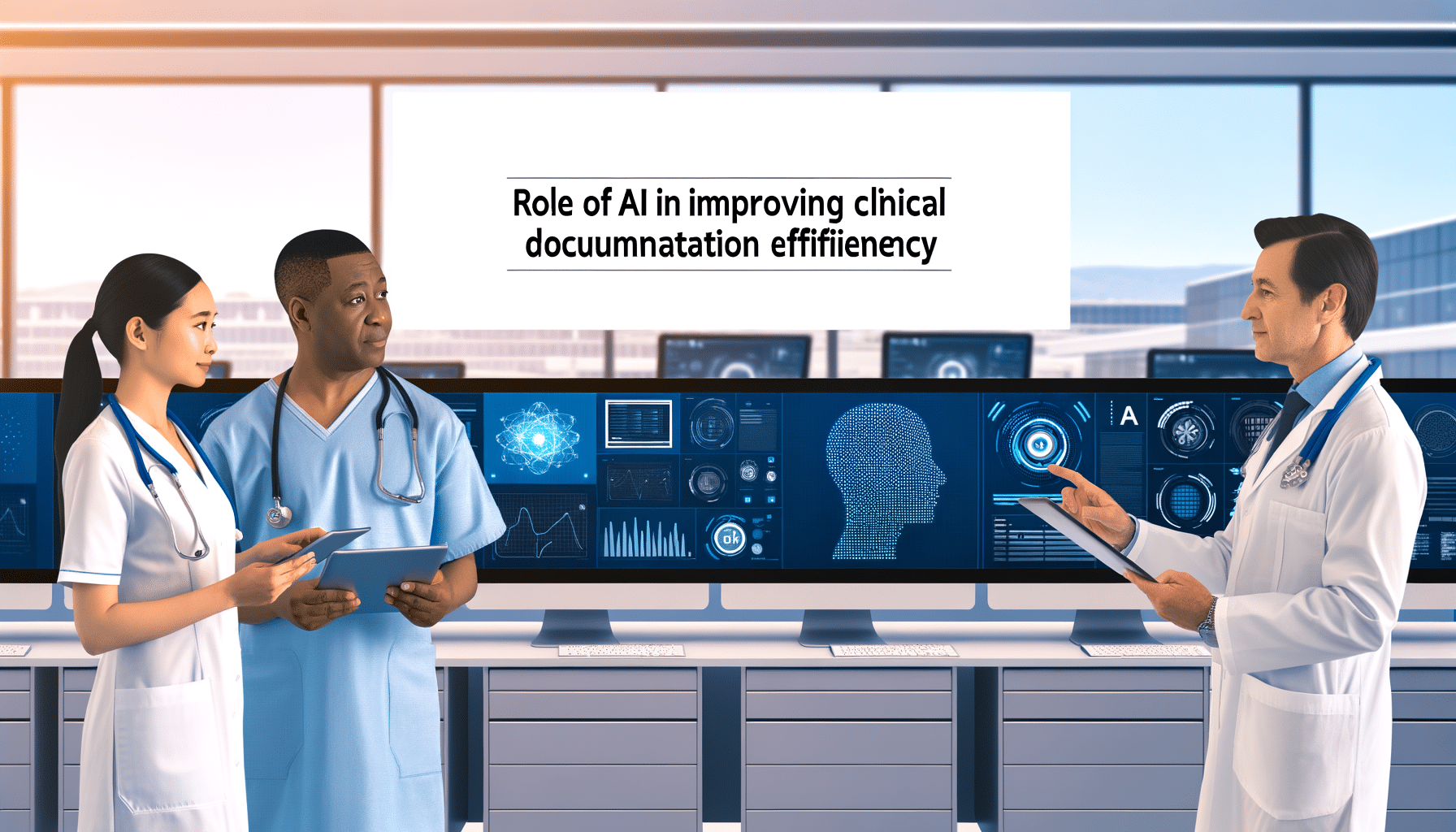As someone who has always been fascinated by the intersections of technology and practical applications, I find it exciting to consider how artificial intelligence is transforming various industries. One domain where AI is making profound changes is clinical documentation. Given the immense pressure on healthcare providers to maintain detailed records while ensuring high-quality patient care, it’s evident that AI is becoming an invaluable resource.
The Challenge of Clinical Documentation
For years, clinical documentation has been a vital yet time-consuming component of healthcare. Practitioners are tasked with recording every detail of patient interactions, diagnoses, treatment plans, and more. This data is crucial not just for medical history, but for billing, compliance, and improving patient outcomes.
However, balancing the dual responsibilities of patient care and documentation can be overwhelming. Exhausted healthcare professionals often spend late hours catching up on records, which can lead to errors and burnout. The pressing need is for a system that alleviates this burden while maintaining, or even enhancing, accuracy in record-keeping.
AI Steps In: Transforming Documentation
Artificial Intelligence technologies have begun to bridge the gap in clinical documentation. With AI, the traditional methods of record-keeping are evolving from manual tasks into automated processes that promise to enhance both efficiency and accuracy.
Automatic Transcription and Data Entry
Imagine a situation where voice-to-text technology powered by AI listens to doctor-patient conversations, accurately transcribes the discourse in real-time, and categorizes it into the appropriate sections of patient records. It’s not just about saving time; it’s about improving the quality and availability of data.
Natural Language Processing (NLP)
Natural Language Processing is a subset of AI that is incredibly promising for clinical documentation. NLP can understand and interpret the subtleties in human language, allowing it to process unstructured data efficiently. By employing NLP, AI systems can extract relevant information from doctors’ notes and incorporate them into structured databases, a task that was previously laborious and prone to mistakes.
Enhancing Compliance and Error Reduction
One of the significant advantages AI brings to clinical documentation is its ability to ensure compliance with medical standards and regulations. By keeping track of documentation requirements and alerting practitioners about missing elements or inconsistencies, AI can preemptively address compliance risks.
Furthermore, error reduction is critical in clinical settings, where mistakes can have serious repercussions. AI systems can cross-reference data entries in real-time, flagging discrepancies and bringing them to the provider’s attention before they manifest into bigger issues.
Integration with Electronic Health Records (EHR)
The seamless integration of AI tools with Electronic Health Records systems ensures a smooth flow of information. AI-driven insights can help predict patient trends and suggest treatment options based on analyzed data. Such predictive analytics not only facilitate better decision-making but also enhance patient outcomes.
The Future of Clinical Documentation and AI
While the current advancements are impressive, the journey of AI in clinical documentation is far from over. The continuous learning capabilities of AI mean that it can adapt to new medical knowledge, changing regulations, and emerging documentation needs.
Looking ahead, the potential for AI lies in harnessing the power of big data to offer insights that surpass human capability. Comprehensive patient care will increasingly rely on these technologies to connect disparate data points from various medical records, ushering in a new era of precision medicine.
Conclusion
It’s hard not to be enthusiastic about the ways AI is poised to redefine clinical documentation. As we analyze and implement these new technologies, the goal remains clear: to create an agile and efficient healthcare system that prioritizes high-quality patient care without compromising on the extensive documentation required to support it.
I encourage all leaders in healthcare systems to explore the capabilities of AI in their clinical documentation efforts. By doing so, you’re not just embracing innovation; you’re setting the stage for more accurate, reliable, and patient-centred healthcare delivery.
If these possibilities intrigue you, I invite you to stay connected for more insights as we explore how AI can further revolutionize not just healthcare, but various other domains where it has the power to enact significant change.








